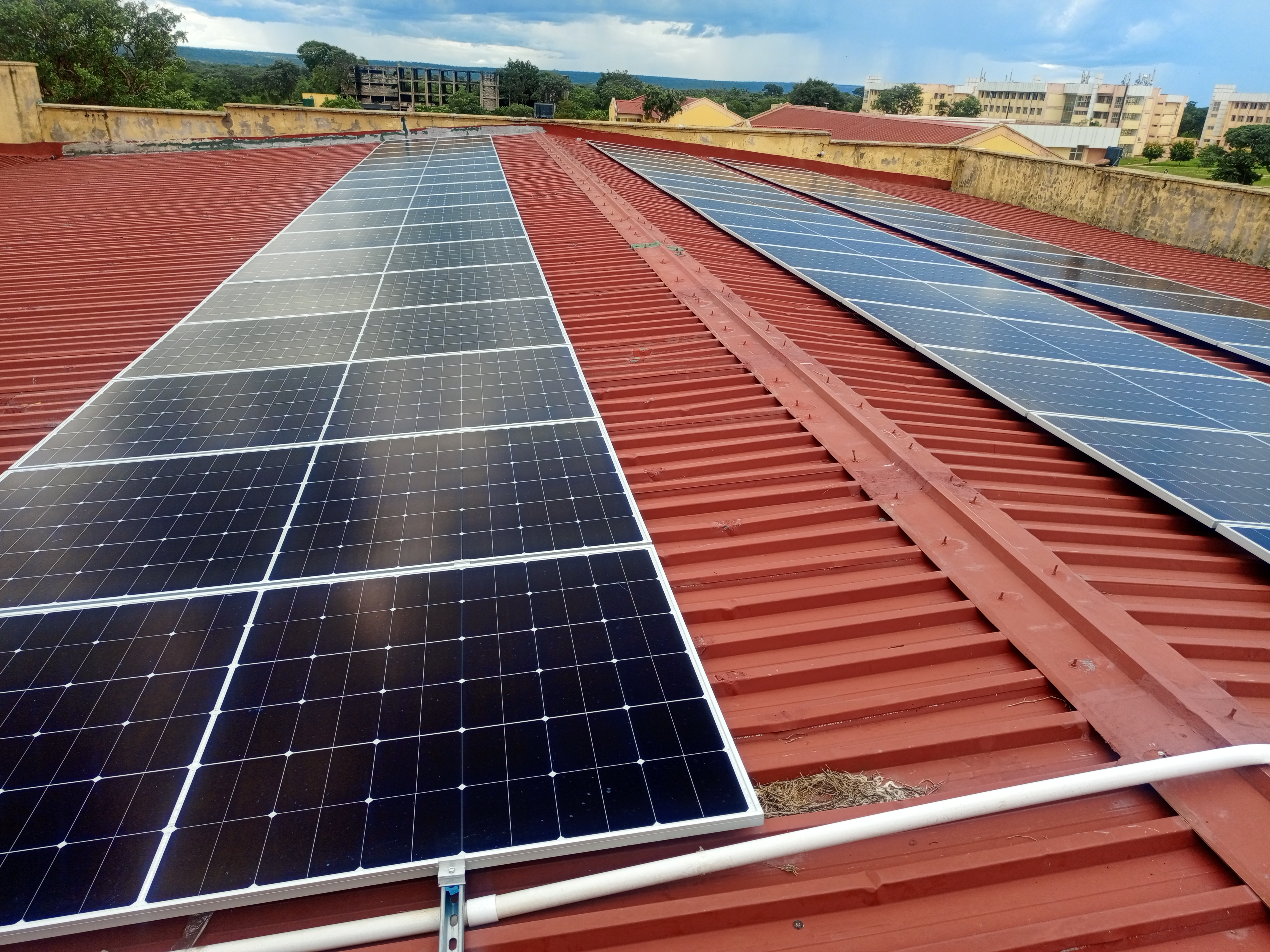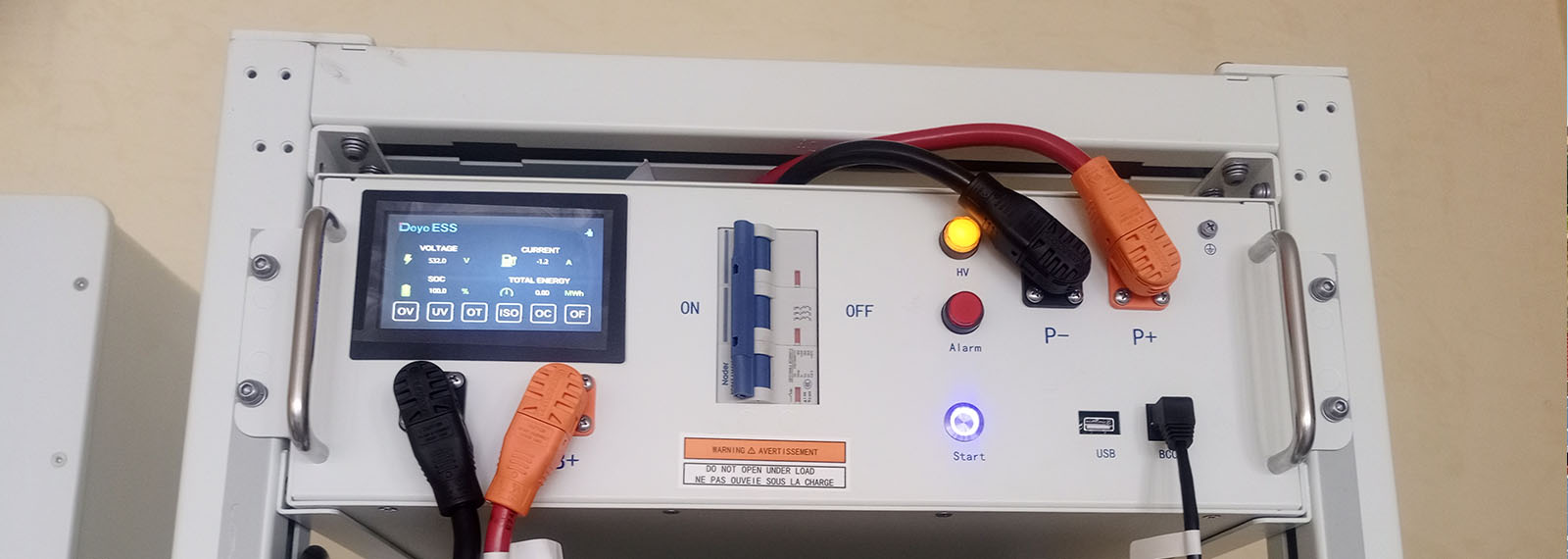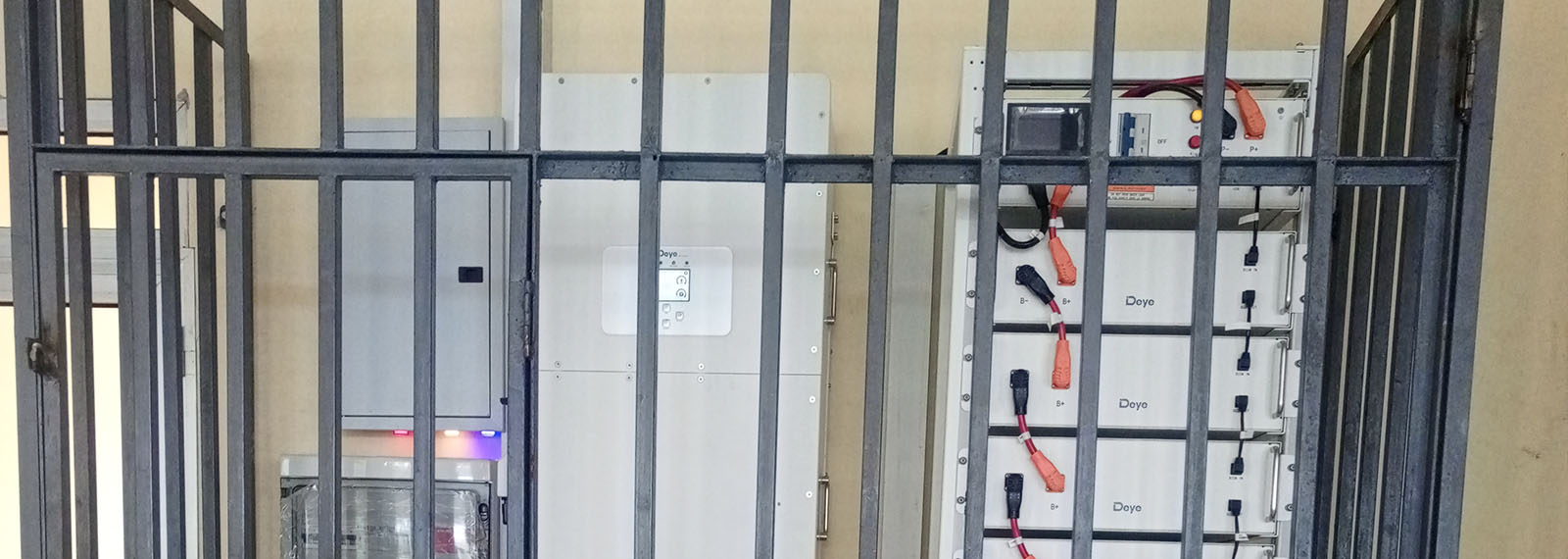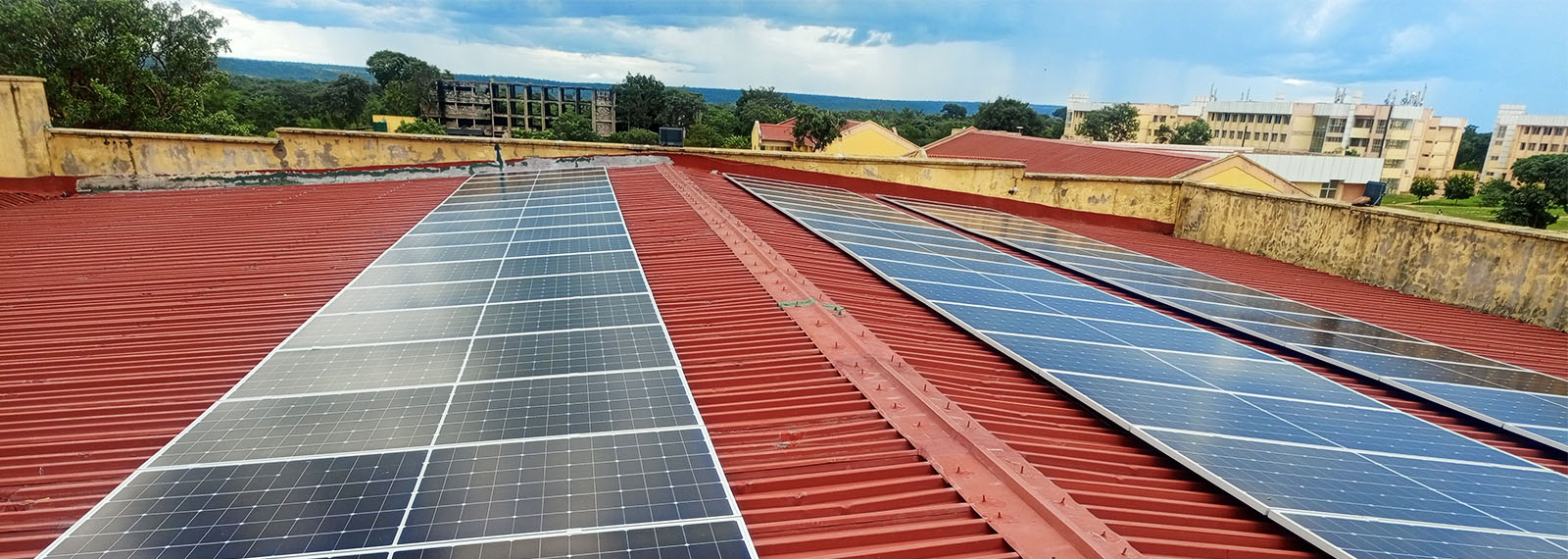Navigating University Life Amid Loadshedding: KMU's Innovative Solutions for Students

As Zambia continues to grapple with the effects of a severe drought during the 2023/2024 rainy season, the country has found itself facing an unprecedented power deficit. The situation has triggered extensive load shedding, impacting almost every sector, including the education system. Universities, a hub for academic pursuit and student life, have not been spared from these challenges. Yet, amidst the uncertainty, Kapasa Makasa University has stepped up with innovative solutions to ensure that students can continue their education without disruption.
The impact of load shedding on university life cannot be overstated. Students rely heavily on uninterrupted electricity for their studies, research, and access to essential digital resources. With constant power cuts affecting everything from library hours to computer usage, the educational experience has become a challenge. But KMU, ever committed to its students’ success, has devised a series of strategic interventions designed to mitigate the impact of this power crisis.
KMU procured 54 solar panels, accompanied by a robust battery storage system with a total capacity of 30 kilowatts. This solar-powered setup is designed to provide consistent lighting, power computer operations and sockets, and support CCTV in the Library which serves as the cornerstone for academic work. The solar system ensures that students can continue with their studies, uninterrupted by power outages, during both daylight and nighttime hours. With solar energy harnessed directly from the sun, this initiative also promotes sustainability, providing a reliable and eco-friendly solution to an otherwise pressing problem.
The solar-powered library isn’t just a temporary fix, it’s part of KMU’s long-term vision to create a campus environment that remains functional, even during periods of load shedding. With access to stable lighting, students can continue their academic work without worrying about disruptions caused by power cuts. This forward-thinking approach demonstrates KMU’s commitment to leveraging renewable energy to maintain academic excellence, no matter the circumstances.


